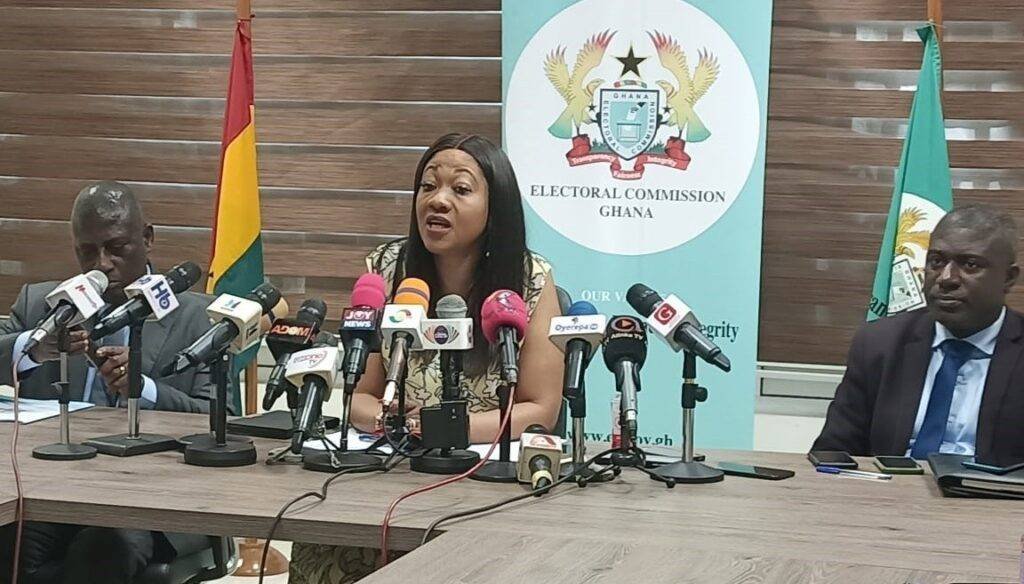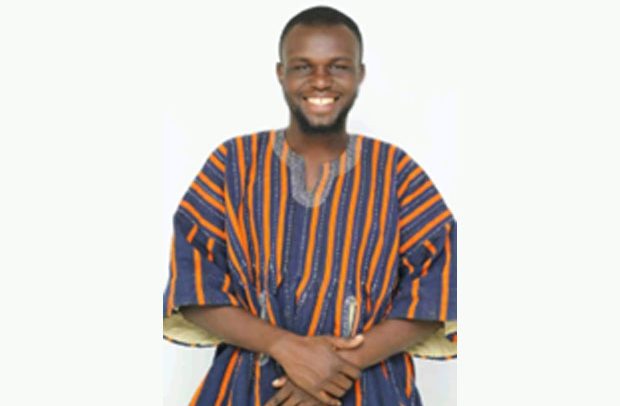
Political parties and pressure groups have the same functions in any democratic dispensation, but have a fundamental difference.
Whereas a pressure group seeks to influence policies and governmental actions in a manner favourable to its members, political parties, in the strictest sense, are formed to capture political power.
In their quest to capture political power in transitional democracies, they resort to several appropriate and inappropriate ways and means, including genuine issues-based campaigns, emotional overtures, propaganda, and other efforts to court pity and sympathy from voters.
As President of the Saltpond Forum, an association of some Saltpond citizens with membership from Saltpond and other towns of Mfantseman, I tabled a proposal to create a platform for a contest of ideas between the late Kow Kwansah Hayford and other aspiring parliamentarians in the Mfantseman Constituency, in 2016.
This was accepted, and, hence, we organizsed some form of Town Hall meeting, where the aspirants debated among themselves. After the debate, it was clear that the contest was between the New Patriotic Party (NPP) and National Democratic Congress (NDC) aspirants.
What was, however, unclear, was who was likely to emerge winner in the 2020 parliamentary election.
Following the election, it was not surprising that Hayford of the NPP won, but with not too significant a vote margin. It must be noted that the Mfantseman seat, though a swinging one, has since 1992, favoured the NDC 80 percent more than the NPP. Indeed, from 1992 to date, the NPP has only done “two one terms” in the constituency, i.e., Asamoah Boateng’s one term of 2004-2008, and Hayford’s one term of 2016-2020.
The rest of the years were enjoyed by the NDC, and in my own prediction, based on the voting trends in the constituency, 2020 was going to be an election for the NDC, at least, for the parliamentary race.
In such a situation, where a ruling party’s occupancy of a parliamentary seat is not too secure, and where the incumbent MP from the ruling party has been allegedly murdered, what “politically wise” thing would any serious political party interested in capturing political power do?
They will, by all means, appeal to sympathy, and it would be a fundamental misunderstanding of how political parties in fledgling democracies operate to fault the NPP for imposing the mourning widow as a replacement of the MP, and slating the MP’s funeral rites one week to the 2020 parliamentary elections.
This is not the first time, and we may have to endure the practice for a while, as political parties grow and democracy develops.
But, just as there are two sides to every coin, the practice has its downsides. It amounts to a sheer political convenience that extols the dogmas of partisan selfishness and disregards the interest of the widow and surviving children.
It also sacrifices our culture and customary protocols for political expedience.
Widows and family members, who go through such an experience, are denied the rites of mourning their loved ones, just because a group of people need a certain parliamentary seat at all costs.
The widow is being made to sacrifice her job as a police officer, for a non-Ketu-South-like seat, that she can easily win in 2020 because of sympathy, but cannot be guaranteed victory beyond the victory.
Will the party take care of her and the children when she loses her seat and no longer has a job with the Police Service?
We must also be careful not to perpetuate this precedence, else, very soon, some unscrupulous people who have marital issues with their spouse, may be plotting murder as a mean of getting elected to parliament.
Finally, we must be in the know that the practice of asking widows to replace their dead husbands in parliament may be dangerous and soon undermine quality representation, particularly, if the only driving force to push a certain segment of the citizenry to parliament, is the loss of their spouse.
I conclude by calling on political parties in Ghana to be committed to their ultimate purpose of capturing political power. But as we grow our democracy, the quest for political power must not usher us into a regime of sacrificing timeless principles, institutions, rules, customs and traditions for political expediencies.
Credit: myjoyonline.com
By Prof. Yaw Gyampo, University of Ghana
The views expressed in this article are the author’s own and do not necessarily reflect The Chronicle’s editorial stance
The post Of political widows and sympathy votes appeared first on The Chronicle Online.
Read Full Story












Facebook
Twitter
Pinterest
Instagram
Google+
YouTube
LinkedIn
RSS